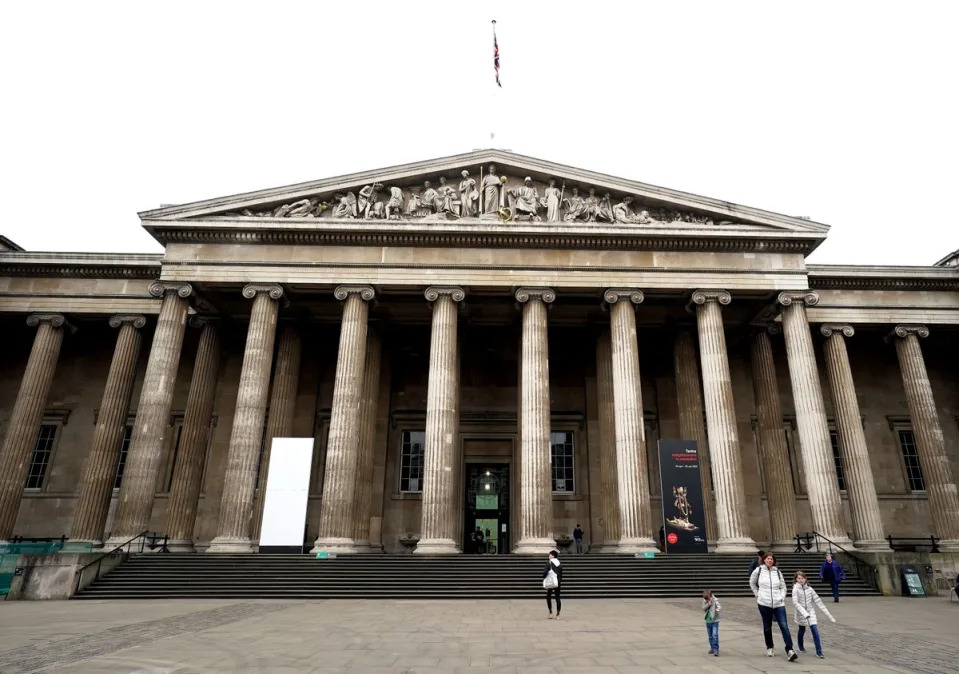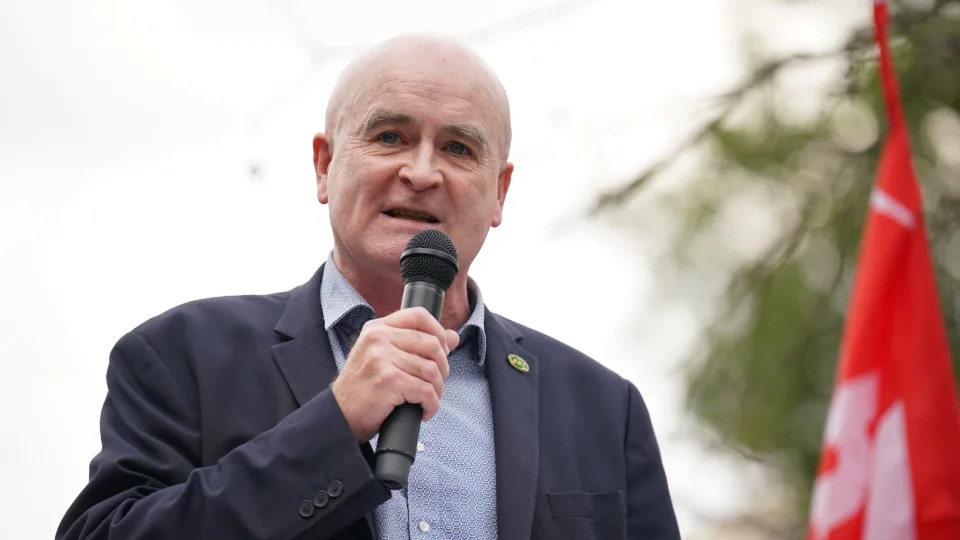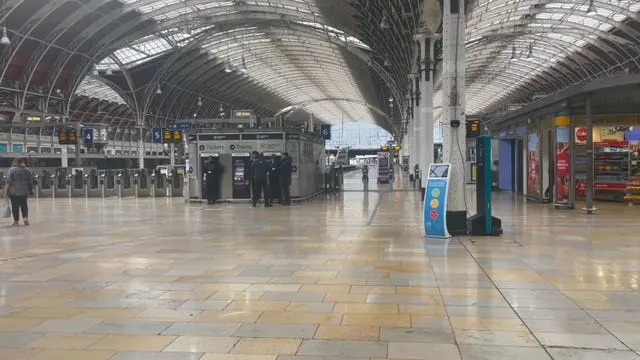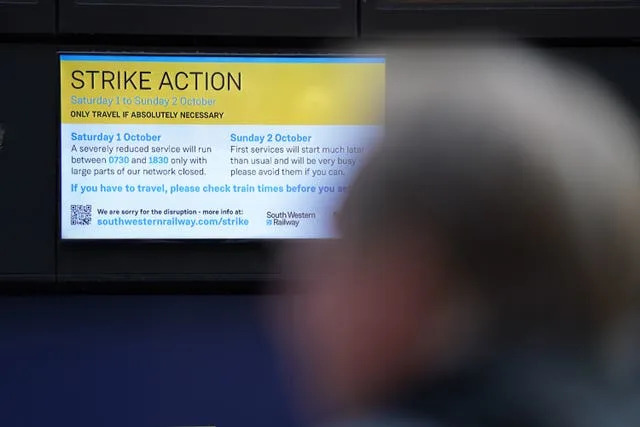Police are currently investigating the theft of antiquities from the British Museum.
The British Museum, a public collection dedicated to human history, art, and culture, is home to millions of valuable objects.
It has a permanent display of eight million works, which is said to be the largest in the world. Ranked third in the list of most-visited art museums in the world, the British Museum was established in 1753 and first opened to the public in 1759.
As the investigation unfolds, here’s what we know about what has happened so far.
What has been stolen from the British Museum?
The items include gold, jewellery, and gems of semi-precious stones that date from the 15th century BC to the 19th century AD.
Former trustee Sir Nigel Boardman and Lucy D’Orsi, the chief constable of the British Transport Police, will lead an independent review for the museum and make recommendations on future security arrangements. It will also “kickstart a vigorous programme to recover the missing items”, the museum said.
A spokesperson for the Met said: “We have been working alongside the British Museum. There is currently an ongoing investigation – there is no arrest and inquiries continue. We will not be providing any further information at this time.”
How has the museum responded?
The British Museum has sacked a member of staff after artefacts, some nearly 3,500 years old, were reported “missing, stolen, or damaged”.
Most of the missing items were small pieces kept in a storeroom belonging to one of the museum’s collections. None had recently been on public display, and they were kept primarily for academic and research purposes.
​​George Osborne, the museum’s chair, said: “The trustees of the British Museum were extremely concerned when we learned earlier this year that items of the collection had been stolen.
“The trustees have taken decisive action to deal with the situation, working with the team at the museum. We called in the police, imposed emergency measures to increase security, set up an independent review into what happened and lessons to learn, and used all the disciplinary powers available to us to deal with the individual we believe to be responsible.
“Our priority is now threefold: first, to recover the stolen items; second, to find out what, if anything, could have been done to stop this; and third, to do whatever it takes, with investment in security and collection records, to make sure this doesn’t happen again.
“This incident only reinforces the case for the reimagination of the museum we have embarked upon. It’s a sad day for all who love our British Museum, but we’re determined to right the wrongs and use the experience to build a stronger museum.”
Hartwig Fischer, the museum’s director, said: “This is a highly unusual incident. We take the safeguarding of all the items in our care extremely seriously.
“The museum apologises for what has happened, but we have now brought an end to this – and we are determined to put things right.
“We have already tightened our security arrangements and we are working alongside outside experts to complete a definitive account of what is missing, damaged, and stolen. This will allow us to throw our efforts into the recovery of objects.”
Boardman said: “The British Museum has been the victim of theft and we are absolutely determined to use our review in order to get to the bottom of what happened, and ensure lessons are learned. We are working alongside the Metropolitan Police in the interest of criminal justice to support any investigations.
“Furthermore, the recovery programme will work to ensure the stolen items are returned to the museum. It will be a painstaking job, involving internal and external experts, but this is an absolute priority – however long it takes – and we are grateful for the help we have already received.”
The museum will not be commenting further while the investigation is ongoing.
Who has been blamed for the theft?
Peter John Higgs, 56, was revealed by his son as the staff member sacked from his role.
Mr Higgs is a senior curator who worked at the British Museum for 30 years. Legal action is being taken against Mr Higgs and the matter is also being investigated by the economic crime command of the Metropolitan police. However, he has not been arrested and maintains his innocence.
Mr Higgs’s son Greg on Thursday told The Times that his father’s dismissal had come as a shock.
“He’s not done anything,” he said. “He’s not happy about it at all. He’s lost his job and his reputation and I don’t think it was fair. It couldn’t have been [him]. I don’t think there is even anything missing as far as I’m aware.
“He worked there for what, 35 years without any incidents. They relied on him for so much stuff. And then, yeah, I don’t know what changed.
“He’s devastated about it, because it’s his life’s work, basically. I’ve never known somebody who’s so passionate about what he did. I mean, he’s a world expert in his field.”
Why won’t the British Museum return stolen artefacts?









